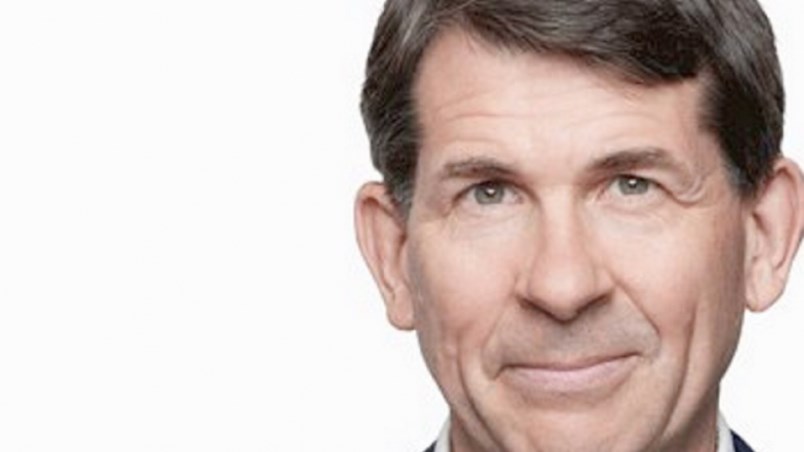B.C.’s Ministry of Health doesn’t have to give three First Nations COVID-19 data on cases outside their communities, B.C.’s information and privacy commissioner ruled Dec. 17.
It’s a decision that has left those First Nations vowing to fight on to protect their members’ health.
Commissioner Michael McEvoy said sufficient information needed to protect communities is already in the public realm.
The Heiltsuk Tribal Council, Tsilhqot’in National Government, and Nuu-chahnulth Tribal Council had complained to McEvoy’s office that the ministry failed to comply with B.C.’s Freedom of Information and Protection of Privacy Act (FIPPA) by not disclosing the requested information.
The specific section says information must be disclosed in the public interest whether or not a request for access is made. It says the information must be disclosed without delay to the public or affected group of people “about a risk of significant harm to the environment or to the health or safety of the public or a group of people, or the disclosure of which is, for any other reason, clearly in the public interest.”
And, the nations said B.C.’s own Declaration on the Rights of Indigenous Peoples Act requires Victoria to “take all measures necessary” to ensure the laws of B.C. are consistent with the UN Declaration on the Rights of Indigenous Peoples.
That declaration includes rights to self-determination, self-government and to develop and determine programs for maintaining the health and well-being of Indigenous people.
As such groups said in a Sept. 15 application, Victoria must disclose COVID-19 infection locations by law.
“If COVID-19 proximate case information does not represent information about a risk of significant harm to our communities, we don’t know what does,” Heiltsuk Nation chief councillor Marilyn Slett said as the complaint was filed.
Slett and Nuu-chah-nulth president Judith Sayers said the decision fails to recognize the First Nations as self-governing.
“We are angry and disappointed by today’s ruling, which will continue to allow the Ministry of Health to withhold the life-saving information we have been requesting since the COVID-19 pandemic began,” they said. “The situation is more urgent than ever given the exponential jump in infections, hospitalizations and deaths that are occurring to Indigenous peoples.
“B.C.’s colonial system of government has failed us yet again by failing to recognize us as the self-governing nations we are,” Slett and Sayers said. “We filed this application because we vowed to use every legal tool to protect our people.”
They said if the government has “any interest in doing the right thing, they will come to the table immediately and work with us to develop information-sharing agreements that can help keep our people safe.”
The Nations said they wanted the data to be able to evaluate threats from travel between communities and tourists entering those communities. They complained, “They cannot effectively govern without knowing about proximate COVID cases.”
McEvoy considered three main issues:
• The location (not the personal identity) of proximate or close-by presumptive and confirmed COVID cases;
• Whether the proximate case involves a person that has travelled to one of the nations; and
• The name of a person infected with COVID who is a member of one of the Nations, to be used only for the purposes of culturally safe contact-tracing.
McEvoy determined that the Public Health Act did not override the FIPPA responsibility to disclose information in the public interest.
However, he said that while COVID-19 creates a risk of significant harm to the public, sufficient information is already available on COVID-19 to enable the public and for the First Nations to take steps to avoid or mitigate the risks connected with COVID-19.
McEvoy noted, “There are substantial gaps in health outcomes between Indigenous people and their communities, and others in British Columbia” and that Aboriginal groups seek to protect elders, language and culture through health measures.
But, he noted, the Heiltsuk Nation’s description of which communities are “proximate” to its territory would, if accepted, involve requiring the ministry to disclose the location of cases within a population base of at least 2,600,000 people, or some 50% of B.C.’s population.
Provincial health officer Dr. Bonnie Henry deposed in the investigation that naming communities with infections could lead to stigmatization.
Further, McEvoy said, Henry explained that disclosures risk stigmatization of those who have contracted COVID-19 and could dissuade others from reporting their illness to health officials. That, she said, could impede the effectiveness of public health measures.
McEvoy announced an investigation in September.
The investigation notice said the communities involved are Port Hardy, Haida Gwaii, Klemtu, Ocean Falls, Denny Island, Nanaimo, Campbell River, Prince George, the Metro Vancouver Regional District, Williams Lake and Quesnel, Bamfield, Port Alberni, Uculelet, Tofino, Campbell River, Duncan, Tahsis, Zeballos and Gold River.
The decision is legally binding and subject to judicial review.



